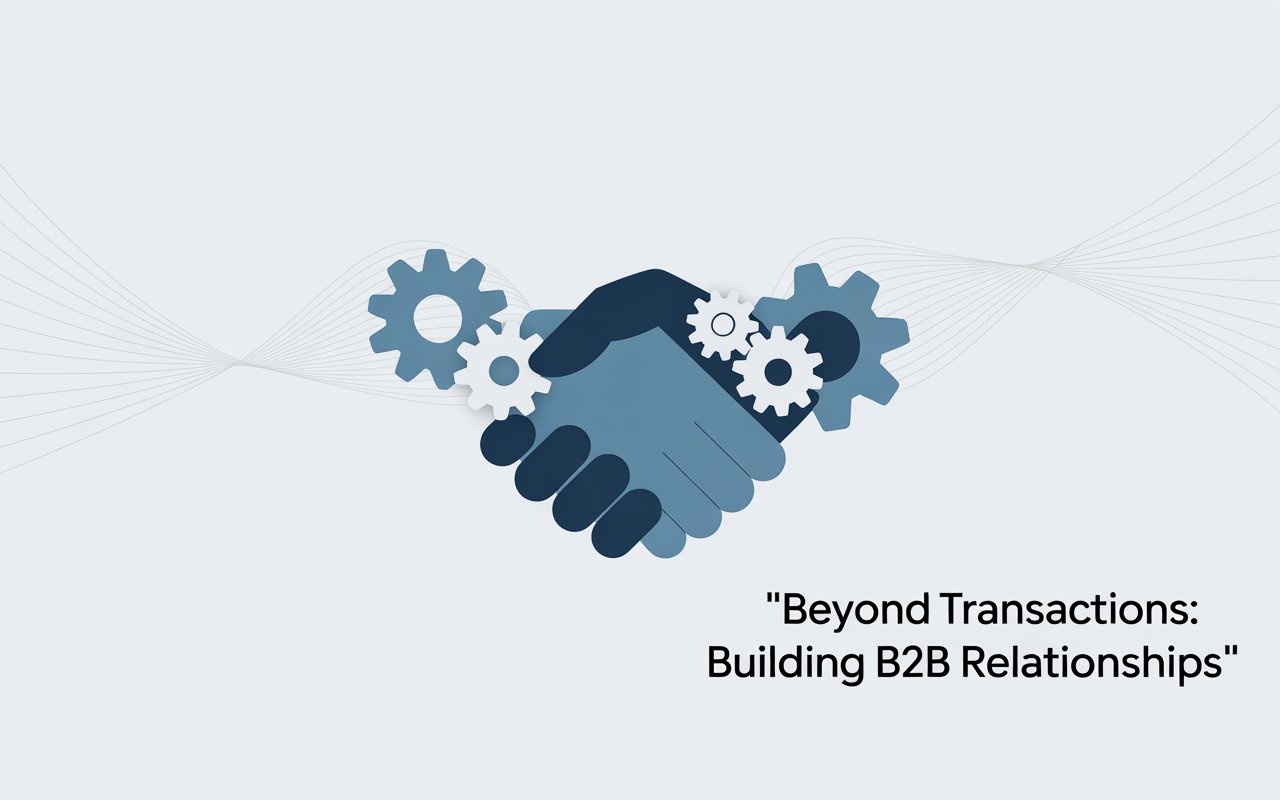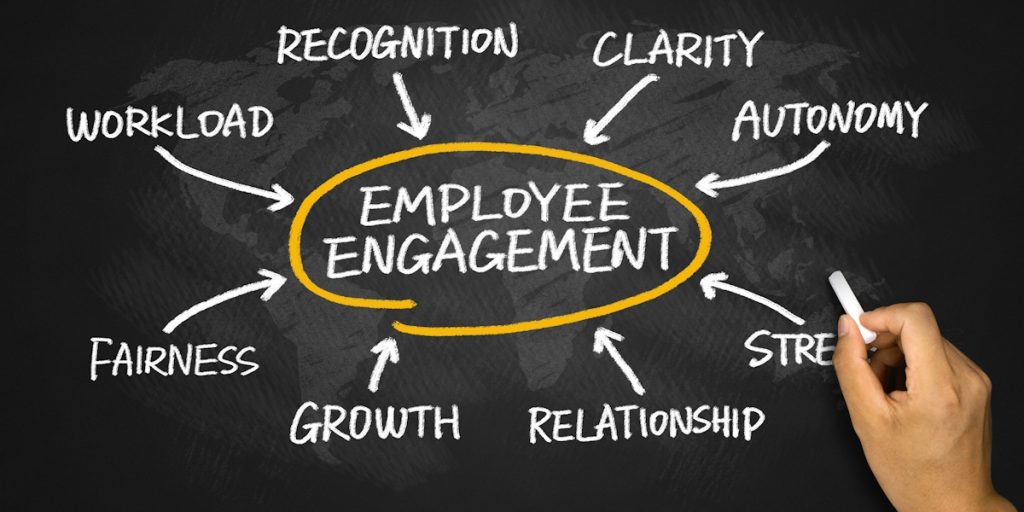Building long-term partnerships in the B2B world requires more than just offering lower prices. While discounts might get a client’s attention, they rarely build loyalty. True success comes from B2B relationship building—focusing on trust, communication, value, and mutual growth. When companies look past transactions and start forming real connections, they create stronger and more sustainable relationships.
Companies that invest in relationships rather than price wars tend to see higher retention, better referrals, and more opportunities for collaboration. The goal isn’t just to make a sale, but to become a trusted partner who understands the client’s needs and delivers consistent value over time.
Why Strong B2B Relationships Matter More Than Ever
The foundation of any strong B2B partnership is trust. When businesses trust each other, they are more likely to collaborate, solve problems faster, and stick together during challenging times. Unlike B2C transactions, where loyalty can shift quickly, B2B loyalty is built over months or even years.
Strong B2B relationships reduce churn and help companies better understand their clients’ evolving needs. When businesses focus on long-term B2B relationships, they spend less time on client acquisition and more on delivering exceptional service. These relationships are also a key part of risk mitigation, as trusted partners are more likely to give early warnings about potential issues and work collaboratively to find solutions.
Moving from Transactions to Partnerships
Price should never be the only reason a client stays. By moving the focus from discounts to partnership development, companies can build deeper connections. These connections make it easier to upsell, cross-sell, and get feedback.
To transition from a vendor to a partner, businesses need to:
- Understand client goals and pain points
- Offer tailored solutions rather than one-size-fits-all packages
- Provide consistent post-sale support
- Engage clients through regular check-ins and strategy sessions
- Show flexibility during unforeseen challenges
Being a partner means helping clients succeed, even if it occasionally costs more effort or time. That extra mile is what builds long-term trust and differentiates your brand.
Strategies for Building Trust in B2B
Trust doesn’t happen overnight. It is earned through consistency, transparency, and delivering on promises. Here are a few proven ways to start building and maintaining trust:
1. Deliver Value Beyond Products or Services
Clients want more than just what you’re selling. Give them tools, insights, and resources that make their jobs easier. Share industry trends, offer training, or provide access to exclusive content. Adding value shows commitment to their success.
It’s also helpful to anticipate questions or concerns and proactively provide solutions. This forward-thinking approach positions your brand as a knowledgeable and caring partner.
2. Communicate Clearly and Consistently
Clear communication keeps everyone on the same page. Regular updates, follow-ups, and responsiveness go a long way. Clients should never feel like they are chasing information.
Weekly or monthly touchpoints, structured reports, and collaborative planning calls can keep both parties aligned. A dedicated point of contact or account manager can streamline communication and strengthen the relationship.
3. Be Transparent and Honest
If something goes wrong, say so. Mistakes are part of business, but how you respond to them builds or breaks trust. Transparency shows accountability. Whether it’s delays, pricing changes, or performance issues, being upfront helps preserve credibility.
4. Build a Culture of Reliability
Every interaction with a client contributes to the relationship. Being on time, honoring commitments, and meeting expectations—even in small tasks—helps reinforce reliability. Encourage your team to treat every client interaction as a trust-building opportunity.
Creating B2B Loyalty Through Engagement
Loyal clients are not only more profitable but also become brand advocates. Investing in B2B loyalty strategies ensures that clients feel valued and stay longer.
Personalization Matters
Tailor your communication and offers based on client data. Personalization increases engagement and helps build stronger connections. When clients feel like your service is designed for them, they are more likely to stay and refer others.
CRM tools and client feedback can help you personalize at scale without overwhelming your team.
Incentivize Loyalty
Consider structured B2B loyalty programs to reward ongoing business. These programs can include:
- Tiered benefits
- Early access to products
- Exclusive support channels
- Annual appreciation gifts
Programs like these show appreciation and make clients feel like part of an exclusive group.
Offer Thought Leadership
Clients value partners who help them stay ahead. Share thought leadership content through newsletters, blogs, or webinars. Educating your clients while positioning yourself as a go-to expert strengthens both trust and loyalty.
Aligning Goals for Long-Term Success
Mutual growth happens when both parties have aligned interests. Start by understanding your client’s short- and long-term goals. When you position your products and services as tools to help them grow, they see you as an ally, not a vendor.
Set Shared Milestones
Create shared success metrics and review them regularly. This promotes accountability and builds a sense of shared achievement. Clear KPIs allow both parties to track progress and stay aligned.
Provide Proactive Solutions
Don’t wait for issues to arise. Regularly check in, suggest improvements, and identify opportunities before the client asks. This proactive approach enhances credibility and showcases your commitment to their long-term success.
Strengthening Relationships Over Time
Building and maintaining long-term B2B client relationships requires ongoing effort. A few practical ways to keep relationships strong include:
Host Client-Focused Events
Invite your clients to webinars, workshops, or networking events. These interactions foster stronger ties and build community. Events also give clients a platform to voice their opinions and share their achievements.
Ask for Feedback and Act on It
Client feedback helps you improve and shows you care. Make it easy for clients to share their thoughts, and act on their suggestions when possible. Showing responsiveness to feedback builds a relationship of mutual respect.
Provide Training and Support
Support your clients’ teams by offering training, onboarding sessions, or how-to materials. When clients feel confident using your service or product, satisfaction improves—and so does loyalty.
Measuring the Success of B2B Relationships
It’s important to track how well your relationship-building efforts are working. Here are a few metrics to consider:
- Customer retention rate: Measures how many clients stay over a set period.
- Customer lifetime value (CLV): Projects the total revenue expected from a client.
- Net promoter score (NPS): Gauges client satisfaction and likelihood of recommending your business.
- Referral rates: Reflect how often clients recommend you to others.
- Engagement metrics: Monitor email open rates, webinar attendance, and survey participation to evaluate interest and connection.
Reviewing these regularly will help refine your strategy and focus on areas needing attention.
Final Thoughts
Focusing on price alone is a short-term strategy. Building strong, trust-based relationships in the B2B space is the real driver of growth. When companies shift from discount-driven deals to partnership-driven strategies, they create lasting value.
Clients stay loyal not because of price, but because they feel understood, supported, and valued. By focusing on B2B relationship building through trust, engagement, and alignment, you set the stage for long-term success.
To learn more about actionable strategies, check out our detailed guide on B2B loyalty strategies.
What Are You Doing Today To Make Your Clients Stay Tomorrow?




